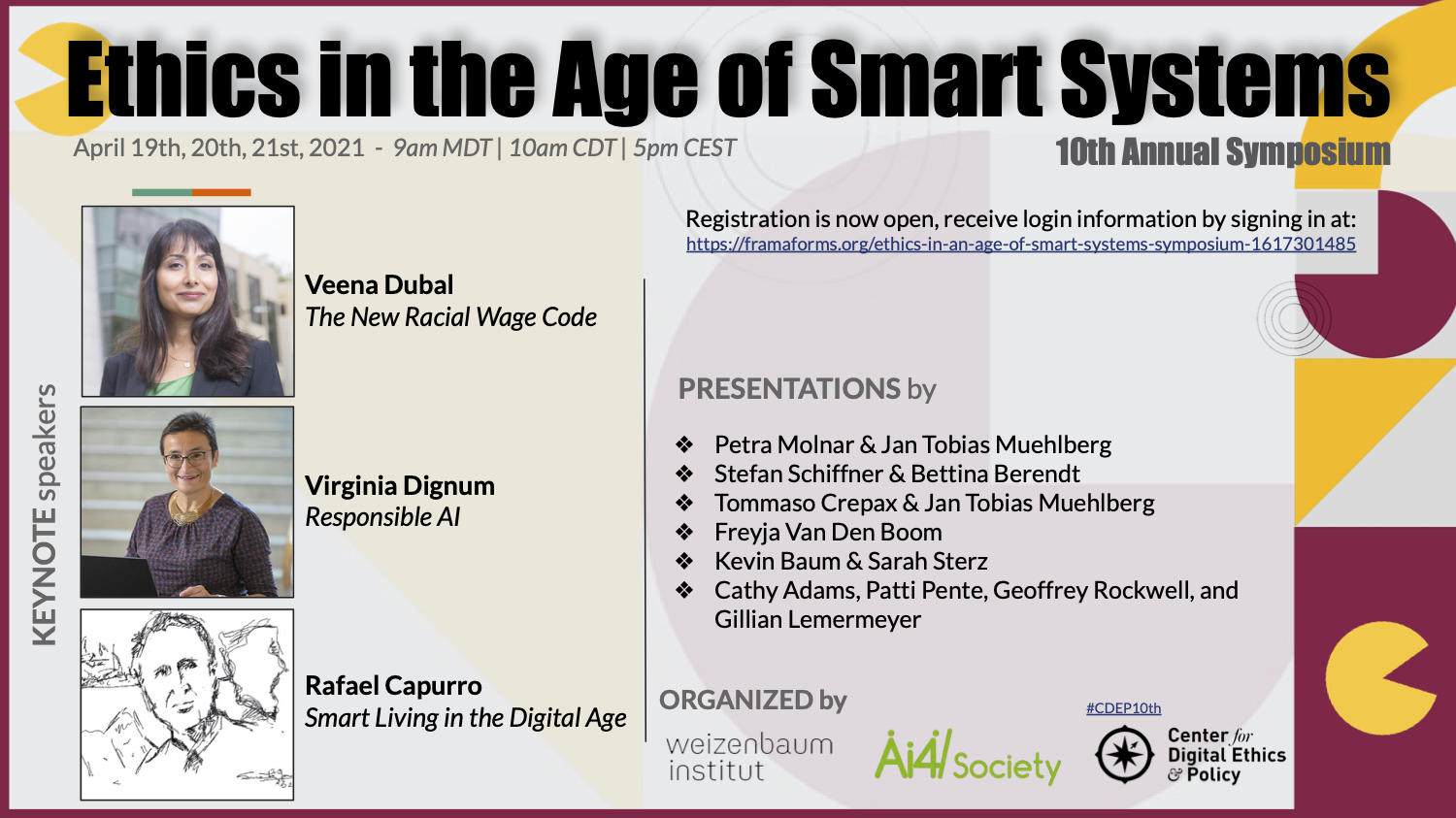The history of ideas still struggles to remember the names of notable women philosophers. Mary Hesse is a salient example
Aeon has an important essay on Why are women philosophers often erased from collective memory? The essay argues that a number of important women philosophers have been lost (made absent) despite their importance including Mary Hesse. (You can see her Models and Analogies in Science through the Internet Archive.)
I read this after reading a chapter from Sara Ahmed’s Living a Feminist Life where Ahmed talks about citation practices and how disciplines exclude diverse work in different ways. She does a great job of confronting the various excuses people have for their bleached white citations. Poking around I find others have written on this including Victor Ray in Inside Higher Ed in an essay on The Racial Politics of Citation who references Richard Delgado’s The Imperial Scholar: Reflections on a Review of Civil Rights Literature from 1984.
What should be done about this? Obviously I’m not the best to suggest remedies, but here are some of the ideas that show up:
- We need to commit to take the time to look at the works we read on a subject or for a project and to ask whose voice is missing. This shouldn’t be done at the end as a last minute fix, but during the ideation phase.
- We should gather and confront data on our citational patterns from our publications. Knowing what you have done is better than not knowing.
- We need to do the archaeological work to find and recover marginalized thinkers who have been left out and reflect on why they were left out. Then we need to promote them in teaching and research.
- We should be willing to call out grants, articles, and proposals we review when it could make a difference.
- We need to support work to translate thinkers whose work is not in English to balance the distribution of influence.
- We need to be willing to view our field and its questions very differently.


